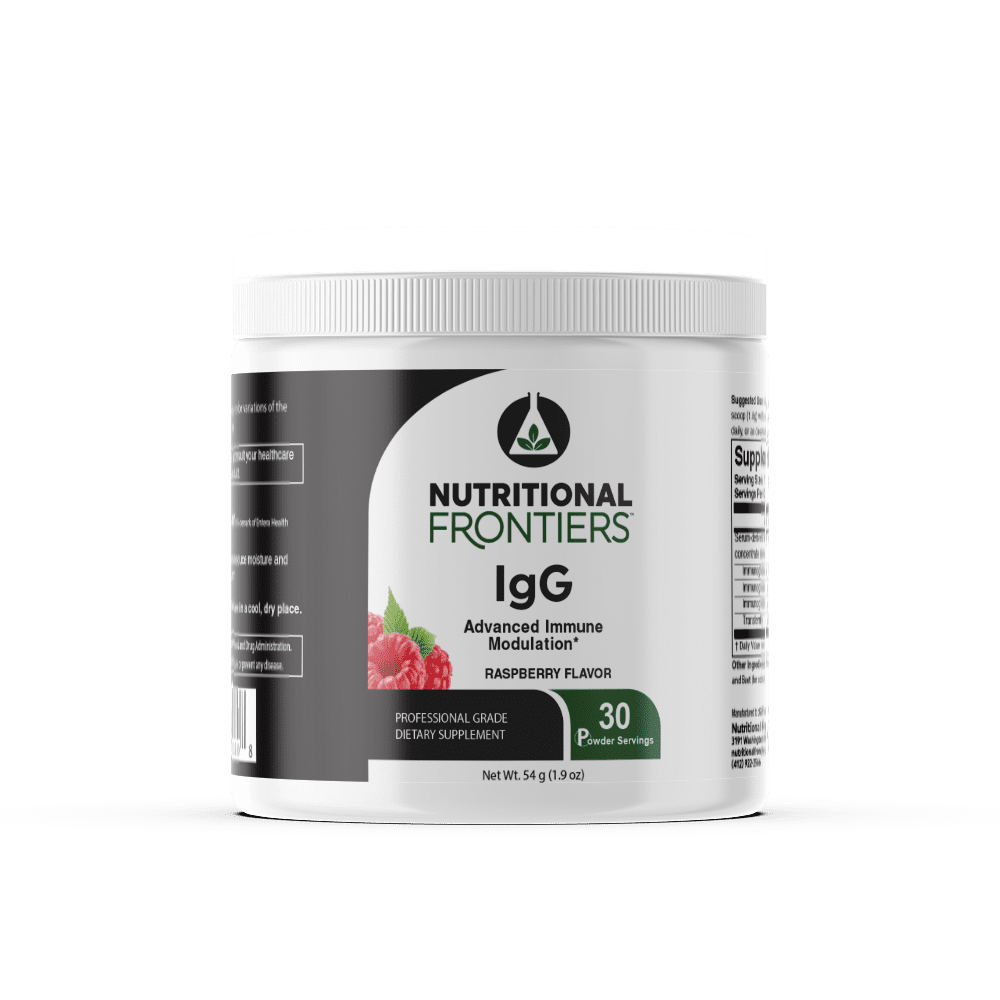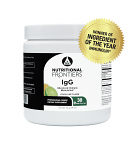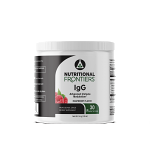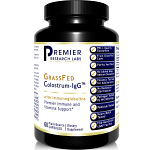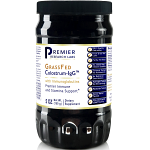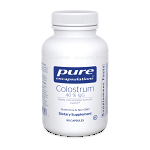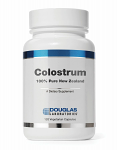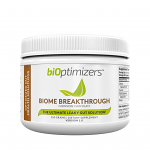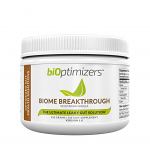Benefits
Serum-derived bovine immunoglobulin (ImmunoLin®), also called SBI, is manufactured at a pharmaceutical-grade, FDA-inspected facility using a tightly-controlled and reproducible process and in accordance with cGMP standards. It is derived from non-GMO ingredients from bovine serum collected in the United States and New Zealand. The safety of ImmunoLin® is supported by studies spanning more than 20 years and by its GRAS
(Generally Recognized as Safe) status by the FDA.
ImmunoLin® contains SBI- serum-derived bovine immunoglobulin isolate, sunflower lecithin, and an array of amino acids including alanine, arginine, aspartic
acid, cystine, glutamic acid, glycine, histidine, isoleucine, leucine, lysine, methionine, phenylalanine, proline, serine, threonine, tryptophan, tyrosine, and valine. It is soy-free, dairy-free, gluten-free, and dye-free.
Immunoglobulins and other peptides found in serum-derived bovine immunoglobulin may help maintain adequate gut barrier function by binding potentially damaging microbial components found in the digestive tract. Normal breakdown and turnover of typical bacteria in the gastrointestinal tract, as well as ingestion of contaminated food or water results in microbial antigens (e.g., “foreign” bodies such as bacterial endotoxins) in the intestines. These antigens activate the intestinal immune system and can contribute to damaging the intestinal epithelium. According to research in animals, SBI can bind to these potentially toxic antigens and prevent them from crossing the epithelium; this action keeps the toxic antigens in the lumen of the digestive tract to be excreted, rather than being absorbed into the bloodstream and provoking inflammatory cytokines.
Many animal studies demonstrate the effectiveness of serum-derived bovine immunoglobulins in protecting gut barrier function. Supplementing with SBI may decrease expression of pro-inflammatory cytokines in in gut mucosal tissue. A healthy intestinal tract is essential for nutrient optimization and overall immune function. Some studies in human subjects demonstrated increased CD4+ T cells both in the gut and in peripheral circulation therefore improving immune status of these patients.
For athletes, IgG may be an important feature in a sports nutrition program because high intensity exercise can provoke immune-suppressive levels of pro-inflammatory cytokines (like TNF-α, IL-1β, and IL-6) and bacterial endotoxins. Since cytokines may contribute to muscle protein breakdown and delayed recovery, the use of a product like ImmunoLin® in IgG by Nutritional Frontiers may be indicated after vigorous workouts to promote intestinal homeostasis and reduced inflammation.*
What about probiotics? Even though serum-derived bovine immunoglobulins bind to a variety of microbial antigens, SBI does not negatively affect the growth of probiotic or commensal bacteria in the GI tract.

